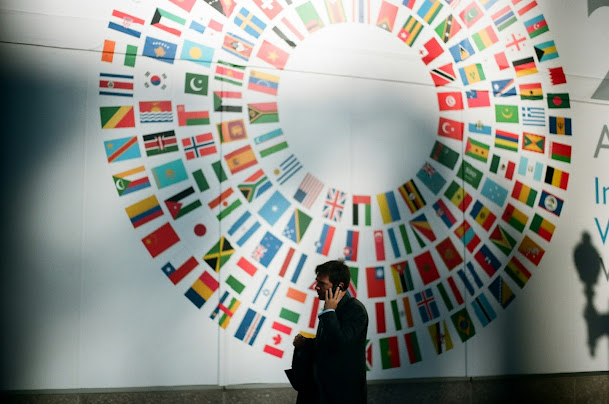To Extend or Not to Extend that is the Brand Question
Harrods, an
icon in British brands, is one of the top tourists’ attractions in London , after Big Ben and Saint Paul ’s Cathedral. From its humble beginnings, in 1849, as an
east London grocery store, with modest prices, to its brand extension, in 1902,
of a department store, with a myriad of upscale departments, such as
restaurants, women and men’s fashion, a bank, hairdressing, fur salon, piano
department, and estate agency. Moreover,
everyone in London
knows that the wealthiest consumers shop at Harrods. Therefore, it is considered a luxury brand in
the United Kingdom ,
with glamorous clientele, from yesteryear, which included Lillie Langtry and
Oscar Wilde, to its current clientele, such as Victoria and David Beckham,
Madonna, and Gwyneth Paltrow, and many more famous and elite class of consumers.
Currently, in 2012, Harrods is
planning to extend its brand into a series of luxury hotels around the world,
with locations including London , New York , Paris , Italy , China ,
and Kuala Lumpur . However, is this extension a good move
for Harrods, a luxury department store extending as a luxury hotel brand? Would this extension make sense to consumers,
as well as fit the brand’s identity in the minds of consumers? In addition, would consumers find a relevant
relationship between the parent brand and its luxury hotel extension?
Harrods is leveraging its strong brand
name; a name associated with luxury and status, and is expanding into the “luxury”
global hospitality industry. Therefore,
as long as Harrods positions its hotel extension as a luxury brand to keep with
its parent brand’s image of luxury and status, this extension may prove to be
successful, even though the brand extension is in another brand category. However, this concept of selling luxury could
have outside competition from other luxury hotel brands, therefore, the Harrods
brand should sell more than luxury itself, but exactly what it stands for
today, a brand of British luxury. This
British luxury would make sense to consumers and would not confuse Harrods, the
luxury department store, with Harrods, the luxury hotel chain. This British luxury position would be
relevant for consumers, as well as fit the brands identity.
On the contrary, one must question if
the parent brand could face possible dilution from this extension because
Harrods is famously known as a national landmark, a tourist attraction, which
an individual can only see and explore when visiting London, therefore, could
this extension hurt the parent brand’s special, unique position in the
marketplace? Why tour the national
landmark when one sees Harrods everywhere, thus, the brand may not seem as
special as it once was, but a chance the parent brand is willing to take.
On the other hand, Hooters, a
popular restaurant brand, known for its chicken wings and orange short-shorts,
along with another area of the female anatomy, opened a hotel and casino in Las
Vegas in 2005. However, the brand extension proved to be
unsuccessful and ineffective. Why would
a sex-sells restaurant brand fail at a hotel and casino in Las Vegas , which is widely known as, “sin
city,” because of its adult entertainment reputation? The reason, the Hooters brand strayed away
from its target segmentation of men, when it targeted women for its hotel and
casino brand extension, the brand’s logic, “Women always make the travel
arrangements.” In the end, their shift
in focus was fallible, and the extension failed because men relate more to the
Hooters brand, and women do not, hence, the extension made no sense to
consumers, nor was it relevant to consumers, nor fit the overall Hooters brand
identity. Therefore, this brand
extension can go down in Vegas’ renowned motto of, “What happens in Vegas stays
in Vegas!”

Comments
Post a Comment